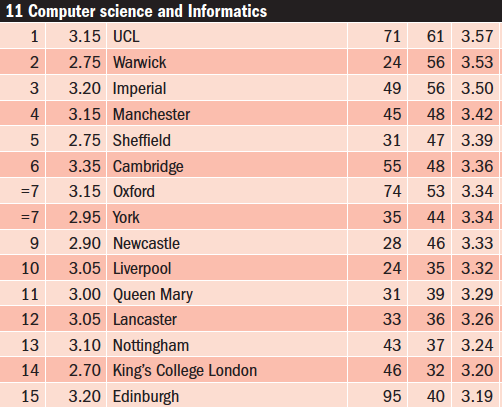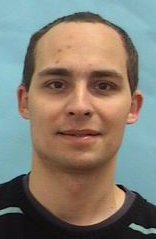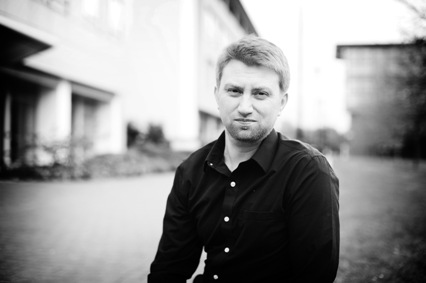Applied Computing News
Warwick Computer Science Ranked 2nd in UK Research Assessment
UK universities are evaluated on the quality of their research every six years. The results of the 2014 Research Excellence Framework (REF), announced by the Higher Education Funding Council today, rank Warwick Computer Science 2nd out of 89 UK computing departments.
REF assesses the quality of research outputs (academic papers, software, etc.) and the impact that this research has had (including improvements to society and business). Warwick’s output was ranked the best in the country, while its research impact was ranked joint second (with the University of Cambridge).
Professor Stephen Jarvis, Chair of the Department of Computer Science, commented:
We are delighted with this result. Warwick Computer Science produces world-leading research, both in the theoretical underpinnings of computer science and in its translation to real-world problems. Our work over the past six years has created new businesses, developed new standards, generated IP for new products, underpinned national security and defence, and impacted on social policy in education and health.
This result comes on the back of an excellent year. Warwick has been named University of the Year in The Times and Sunday Times Good University Guide 2015, and Warwick Computer Science was recently ranked as one of the best departments in the world in the 2014 QS Worldwide University Rankings.
Research Excellence Framework 2014: Institutions ranked by Subject

Further Information
Professor Dan Král wins Philip Leverhulme Prize

Professor Dan Král has been awarded a Philip Leverhulme Prize for his work on combinatorial limits.
Philip Leverhulme Prize is awarded to outstanding scholars who have made a substantial and recognised contribution to their particular field of study, recognised at an international level, and where the expectation is that their greatest achievement is yet to come.
The research focus of the prize, the theory of combinatorial limits, is a recently emerged and rapidly evolving area of mathematics, which led to opening new links between analysis, combinatorics, computer science, group theory and probability theory.The analytic view of large discrete structures resulted in a substantial progress on many notoriously difficult extremal combinatorics questions. It also gave new understanding of aspects of important concepts such as regularity decompositions. Still, many fundamental problems remain widely open. A particularly challenging problem is finding a robust notion of convergence that would unify the existing notions for dense and sparse discrete structures. In relation to extremal combinatorics, problems of a great significance include a full description of low dimensional projections of the body of feasible limit densities or the existence of finitely forcible (determined) configurations in the extremal points of this body as conjectured by Lovász and Szegedy.
Professor Graham Cormode receives the Royal Society Wolfson Research Merit Award

Professor Graham Cormode from the Department of Computer Science, has been awarded a Royal Society Wolfson Research Merit Award.
The Wolfson Research Merit Award is one of the most prestigious UK awards, supported by the Royal Society, the UK's national academy of science. The scheme provides up to 5 years’ funding after which the award holder continues with a permanent post at the host university. Jointly funded by the Wolfson Foundation and the Department for Business, Innovation and Skills (BIS), the scheme aims to provide universities with additional support to enable them to attract science talent from overseas and retain respected UK scientists of outstanding achievement and potential. Professor Graham Cormode's research will focus on "Small summaries for big data".
The Wolfson Foundation is a grant-making charity established in 1955. Funding is given to support excellence and the focus of the award is a salary enhancement.
The Royal Society is a self-governing Fellowship of many of the world’s most distinguished scientists drawn from all areas of science, engineering, and medicine. The Society’s fundamental purpose, reflected in its founding Charters of the 1660s, is to recognise, promote, and support excellence in science and to encourage the development and use of science for the benefit of humanity.
(See also The Royal Society announcement).
More information about Professor Graham Cormode's research is available at his web page at http://www2.warwick.ac.uk/dcs/people/graham_cormode.
